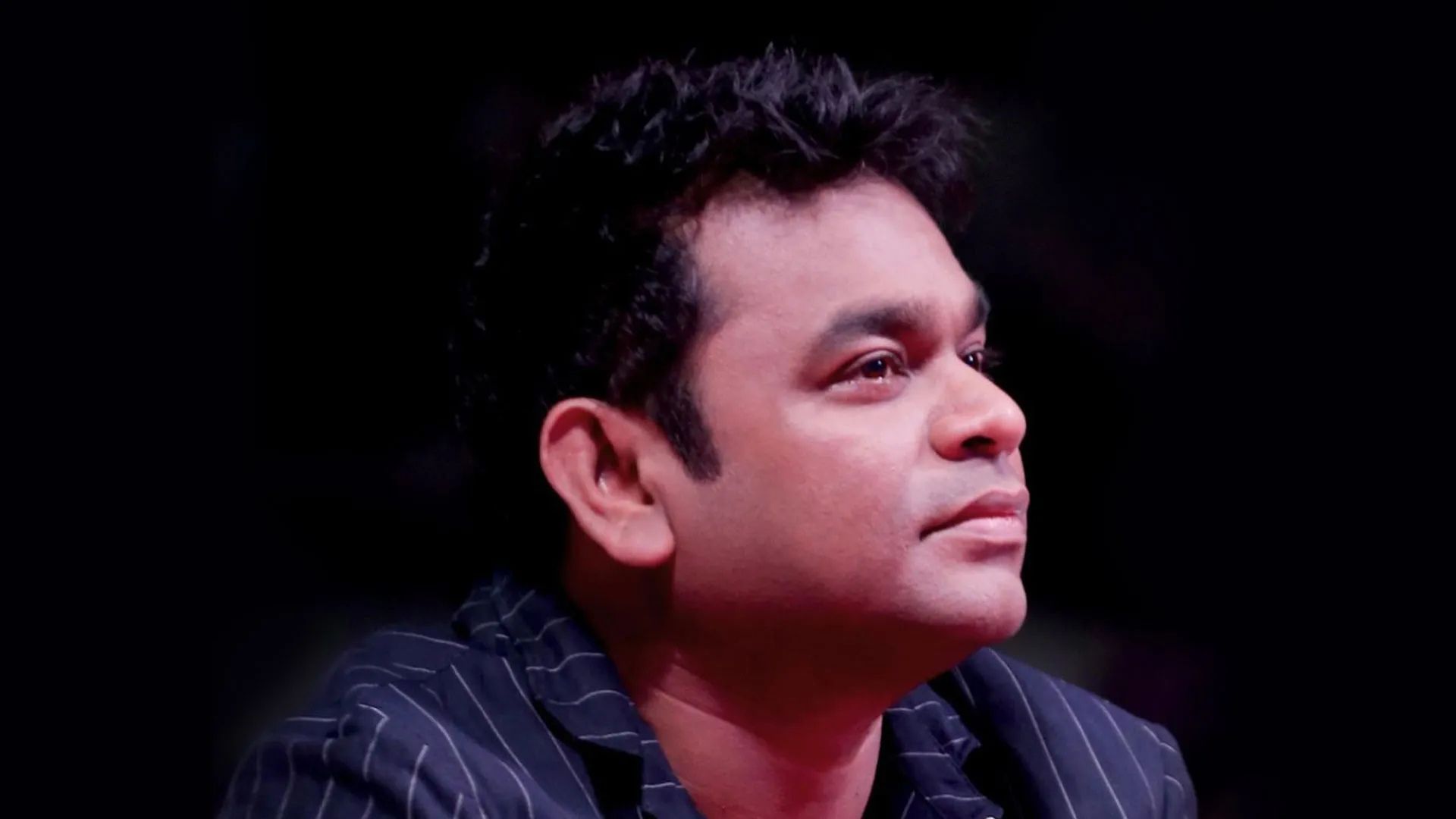The Indian Science Congress Association (Chandigarh Chapter), in collaboration with the Institute of Forensic Science and Criminology at Panjab University, Chandigarh, is set to commemorate “National Science Day” on February 28, 2024, at 11:00 am. The event will take place in the Zoology Auditorium of the Department of Zoology, Sector-14, Chandigarh.
Distinguished scientist Professor Raghavendra Gadgkar will deliver a talk on the intriguing subject of “What We Can Learn from Insect Societies.” Professor Gadgakar is a renowned recipient of the ‘Bhatnagar Award’ in 1993 and the prestigious ‘Cross of the Order of Merit by Germany’ in 2015.
His notable research primarily focuses on the evolution of social behavior, utilizing eusocial insects such as wasps, specifically Ropalidia marginata. Presently, he holds an honorary position as a Professor at the Indian Institute of Science, Bangalore, and serves as a non-resident permanent fellow at the Berlin Institute for Advanced Study.
The lecture is designed to be inclusive, welcoming individuals from various subject specializations. Professor Gadgkar’s extensive studies on insect societies have implications for agriculture, communication, and robotics.
By exploring fundamental principles governing insect societies, such as cooperation, collective decision-making (democracy), and conflict resolution, valuable insights can be gained that extend to the understanding of human societies.
The talk promises to be an enriching experience for a diverse audience interested in the intersections of biology, sociology, and technology.















